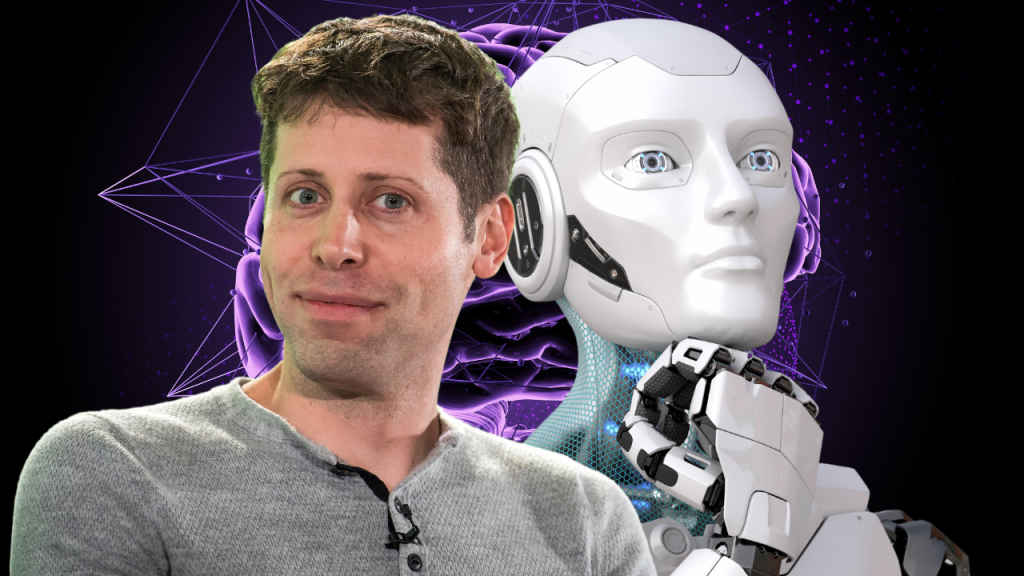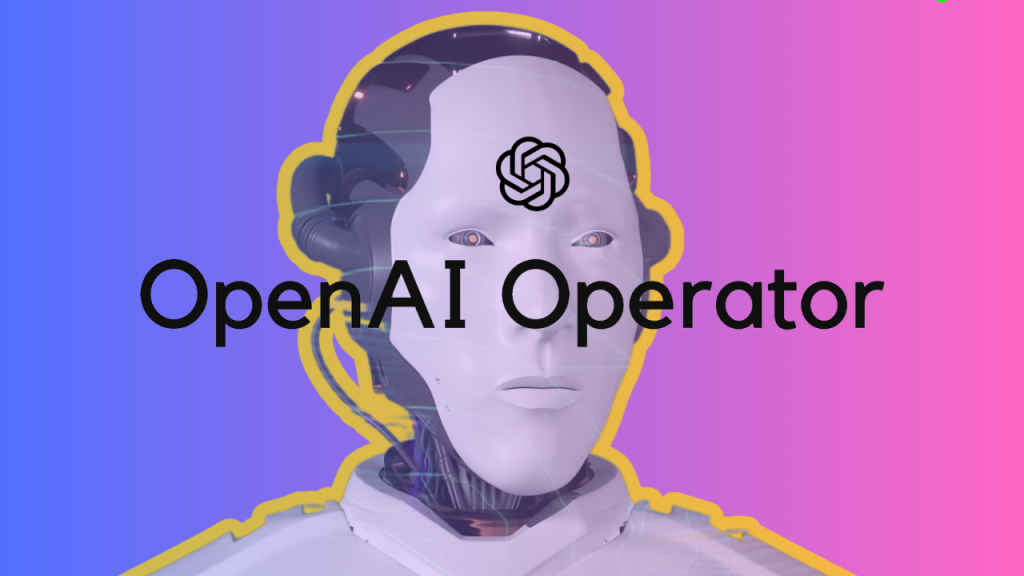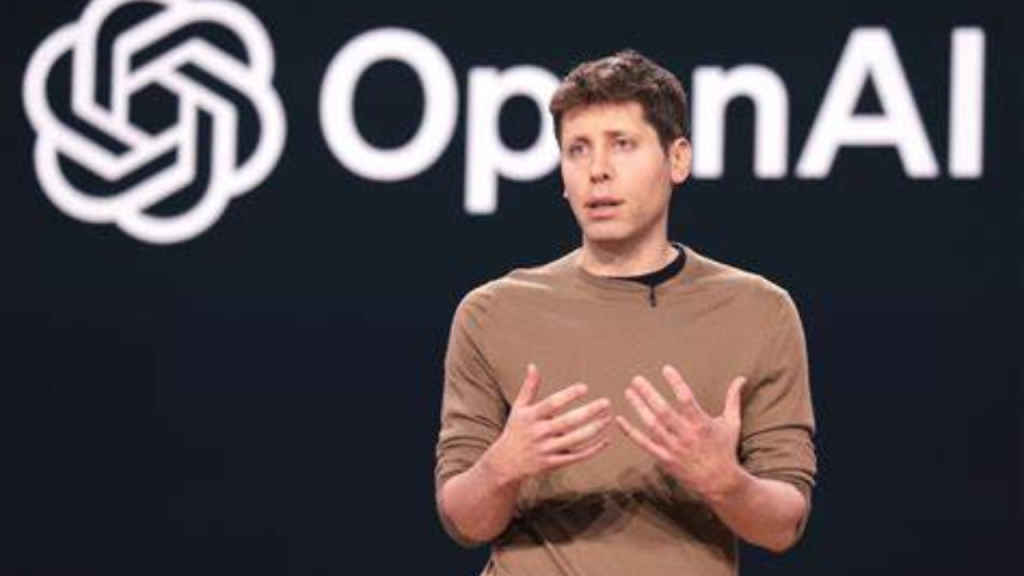Sam Altman’s AI vision: 5 key takeaways from ChatGPT maker’s blog post

One of the most striking things about Sam Altman’s new blog post is how confidently he talks about AI’s potential to reshape our world, but with an undercurrent of caution.
“Our mission is to ensure that AGI (Artificial General Intelligence) benefits all of humanity,” he begins, underscoring that the real measure of success isn’t just technological achievement but when it benefits society at large.
For those who’ve followed Altman’s journey since OpenAI made Generative AI a household term, it’s interesting to see Sam Altman evolve from being a scrappy AI pioneer to a tech visionary, tasked with shepherding advanced AI in a way that doesn’t unravel society. And in keeping with this new avatar, Altman makes three “observations” in his blog post, each one more provocative than the last, about what’s driving AI’s explosive economics – and how this will affect you and me.
Here are five key takeaways that emerge from his blog, capturing both the ambition and the caution in Altman’s words.

1) AGI is going to be something “different”
According to Sam Altman’s AI trajectory, “Systems that start to point to AGI are coming into view,” and we should appreciate that this is an inflection point. The mission, he says, is fundamentally about building a system that can tackle ever more complex problems, mirroring human-level performance. “AGI is a weakly defined term,” Altman acknowledges, but in broad strokes, it means something that handles complexity in an all-purpose manner, not just specialized tasks.
Also read: Sam Altman on AGI: OpenAI visionary on the future of AI
For us, that might mean an AI agent that isn’t limited to writing code or editing text – it can do both, plus manage your schedule, interpret complex images, and provide near-instant, context-aware insights across any domain.“In another sense, it is the beginning of something for which it’s hard not to say ‘this time it’s different’,” he says, noting that the next economic boom could be nothing short of astonishing.
2) Economic power of AI is going to be unbelievable
Altman’s second big point talks about AI’s economics. He says that intelligence in these AI systems scales with “the log of the resources used to train and run it” – which translates to bigger spend = bigger payoff, fairly predictably. “The cost to use a given level of AI falls about 10x every 12 months,” he continues, which is a dramatic shift that dwarfs the old Moore’s law. And finally, “the socioeconomic value of linearly increasing intelligence is super-exponential,” meaning that a modest AI improvement can yield staggering value in the real world.
Also read: OpenAI o3-mini vs. DeepSeek R1: Which one to choose?
Put those together, and you see how rapid the growth could be if organisations keep pouring money into training and inference compute. “It appears that you can spend arbitrary amounts of money and get continuous and predictable gains,” Altman says. In other words, no near-term barrier halts the escalation of more advanced models and their ever-rising adoption. If prices keep dropping, we’ll see even more usage – a self-reinforcing cycle.
3) AI agents = Your virtual co-workers

A particularly vivid image from the post is Altman’s scenario of AI agents, effectively digital co-workers who can do tasks “up to a couple of days long” with the competence of a mid-level professional. “We are now starting to roll out AI agents, which will eventually feel like virtual co-workers,” he writes. “Now imagine 1,000 of them. Or 1 million of them. Now imagine such agents in every field of knowledge work.”
Also read: From AI agents to humanoid robots: Top AI trends for 2025
Altman’s point is that these AI agents might not be the prime inventors of the next big idea, but they’ll handle grunt work or code reviews or basic research at scale. “In some ways, AI may turn out to be like the transistor economically,” he suggests. Just as transistors became so ubiquitous we don’t think about how many billions of them are at the heart of every single chip inside our smartphones, laptops, servers, etc, similarly AI agents could become a universal workforce layer – enhancing productivity across sectors, quietly humming in the background without us taking much notice.
4) Relax, AI won’t change the world overnight
Yet for all the talk of AI-led seismic shifts across industries, Altman is keen to remind us that “The world will not change all at once; it never does.” He predicts that people in 2025 will spend their time roughly the same way they did in 2024. We’ll still “fall in love, create families, get in fights online, hike in nature,” as he puts it. But the subtle infiltration of AI – like more tasks automated, more convenience in how we do knowledge work – will continue to creep in. Over time, we’ll see new ways of being useful, new job types, new industries, even if they don’t resemble the old nine-to-five.
Also read: Is AI making us think less? The critical thinking dilemma
He concedes it’s not all going to be rosy. “We expect the impact of AGI to be uneven,” meaning some sectors might feel barely a ripple, while others get reimagined overnight. In the same breath, he warns that the rapid cheapening of intelligence might upend economic norms.
5) AI will benefit all of us
Throughout his post, Altman circles back to the question of who benefits from AI’s disruptive power. “Ensuring that the benefits of AGI are broadly distributed is critical,” he writes. History shows that technology tends to raise living standards over time, but not always equitably.
Also read: OpenAI launches ChatGPT DeepResearch – 5 things you need to know
He proposes “strange-sounding ideas like giving some ‘compute budget’ to enable everyone on Earth to use a lot of AI,” acknowledging that might be naive but also that it might be necessary. Or maybe the relentless drive to reduce AI costs will suffice. If an AI agent is near-free to run, perhaps everyone can tap in. The alternative, he warns, is an authoritarian track where governments harness AI for mass surveillance. That’s the darkest path he alludes to, and it’s one he hopes we avoid by giving individuals as much empowerment as possible.

Altman’s final paragraphs resonate with a hopeful tone: AI will supercharge human willfulness, enabling each person to command far more intellectual power than before. “Anyone in 2035 should be able to marshall the intellectual capacity equivalent to everyone in 2025,” he writes.
Overall, Sam Altman, in his blog post, comes across as an AI optimist, envisioning a future of mass empowerment, not mass subjugation. Wonder how much of what he envisions comes to pass? Only time will tell.
Also read: AI adoption fail: 80 per cent of companies neglect human factors critical for AI success
Jayesh Shinde
Executive Editor at Digit. Technology journalist since Jan 2008, with stints at Indiatimes.com and PCWorld.in. Enthusiastic dad, reluctant traveler, weekend gamer, LOTR nerd, pseudo bon vivant. View Full Profile




